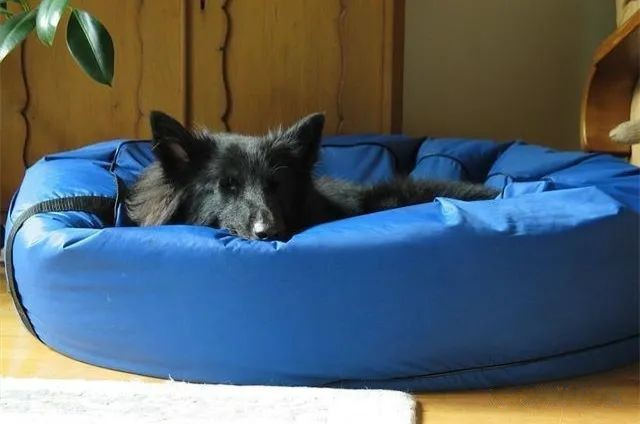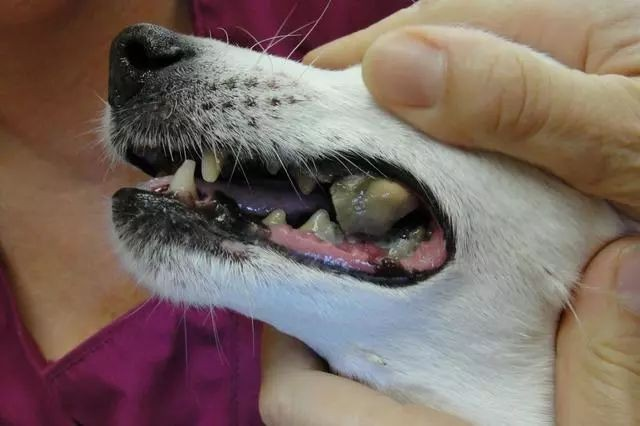Extend Your Dog’s Lifespan: 5 Things You Can Do That Your Dog Will Thank You For
1. A “Supportive” Bed for Comfort
As dogs age, their joints and muscles start to lose strength. Prolonged periods of lying down can lead to stiffness and even arthritis, making it difficult for them to get up like they used to. A thicker, medium-firm bed provides better support for your dog’s joints, making it easier for them to get in and out of bed comfortably.

2. Create a Sensory-Friendly Environment for Senior Dogs
Just like humans, dogs' senses deteriorate as they age. Many senior dogs, especially those over 10 years old, experience vision and hearing loss. In fact, up to 50% of older dogs develop "sundown syndrome," leading to anxiety and behaviors like howling or incessantly licking the floor. To ease this, consider placing a light near your dog’s bed to reduce shadows or playing calming music or white noise to help your dog sleep more soundly.

3. Maintain Regular Exercise
Exercise is vital for both humans and dogs. We all know the saying, "Use it or lose it," and this applies to dogs as well. Lack of physical activity can lead to obesity, which increases the risk of arthritis, diabetes, and other health issues. On the other hand, regular exercise helps improve sleep quality, boosts metabolism, and keeps your dog healthy. If possible, take your dog on daily walks, or engage in swimming sessions—both great ways to stay active.

4. Keep Your Dog’s Teeth Healthy
Dental issues can cause a lot of pain as dogs age. Establishing a solid dental care routine is essential, including daily brushing and regular professional cleanings. Have you scheduled a dental cleaning for your dog this year? Are you brushing their teeth every day? By committing to these two things, your dog will surely appreciate the effort.

5. Regular Comprehensive Checkups
As your dog ages, they become more susceptible to health problems. Preventive care is the best way to extend their lifespan. Regular checkups can uncover issues that you might not have noticed otherwise. Thorough exams and timely treatments act as a protective shield for your dog’s health.

Aging is a natural process, not a disease. As your dog gets older, it's important to make adjustments to their lifestyle. With thoughtful care and attention, you can help ensure that your dog lives a longer, happier, and healthier life.
Please note that the information provided in this article is for educational and informational purposes only. We are not veterinarians, and the content shared here should not be considered professional veterinary advice.
If you have any questions regarding copyrights or the use of materials in this article, please contact us for clarification.
